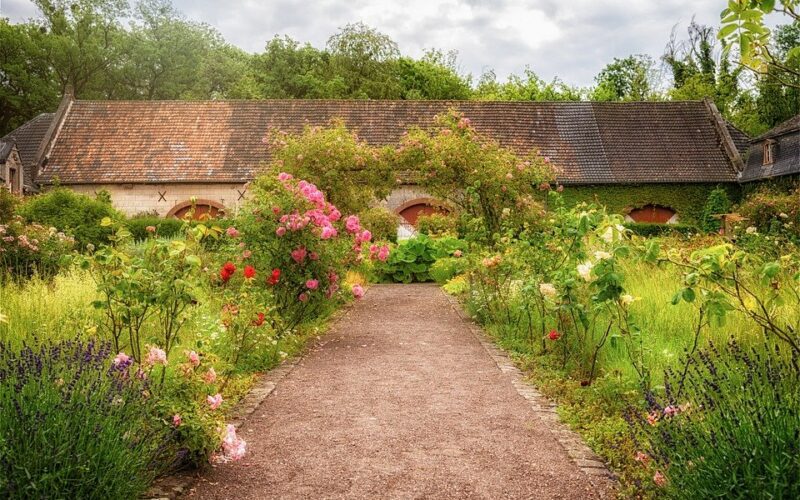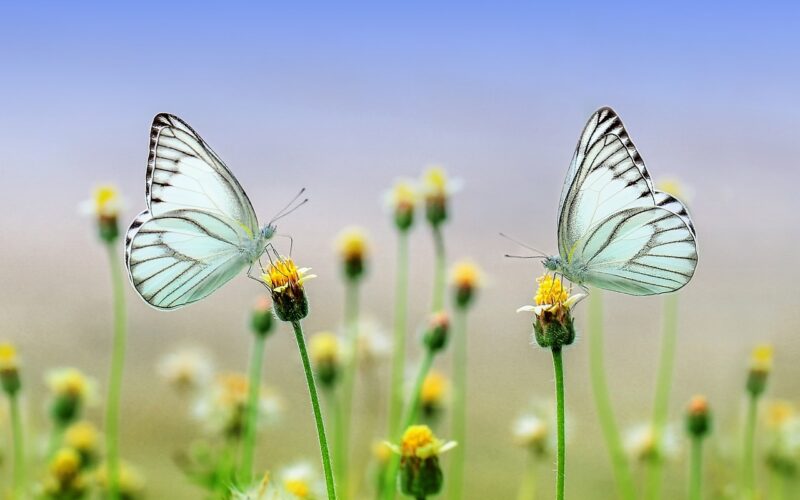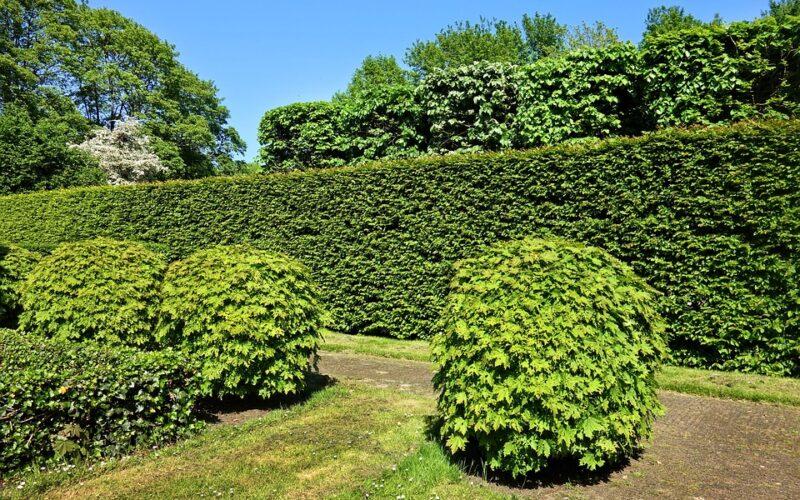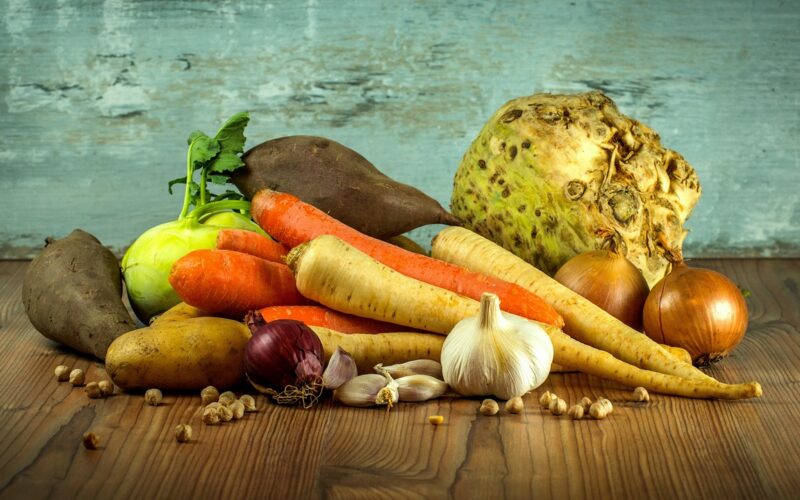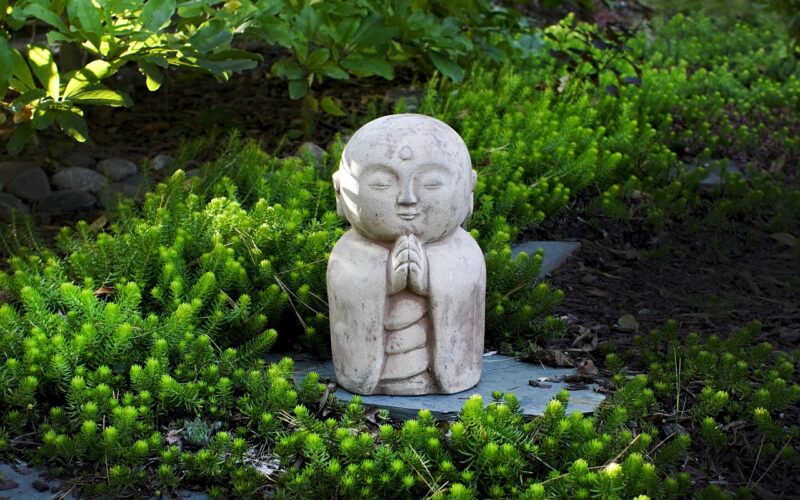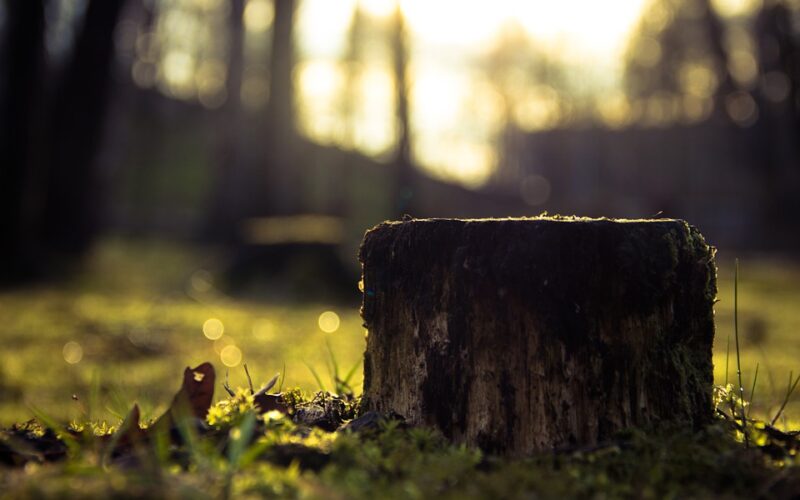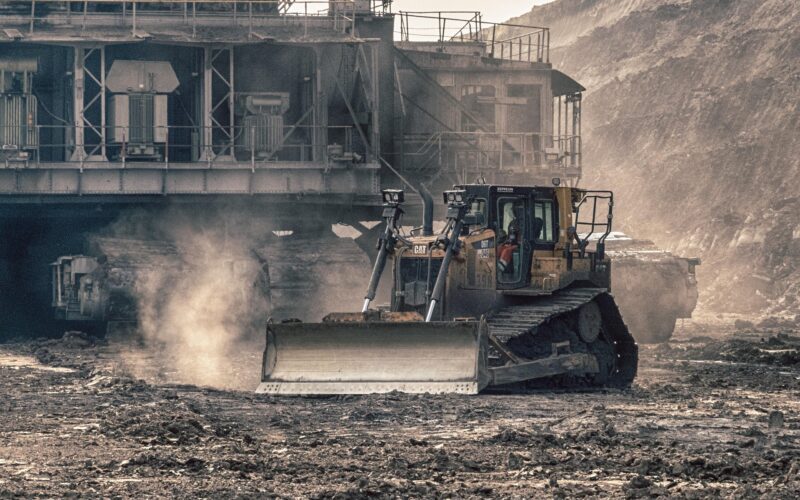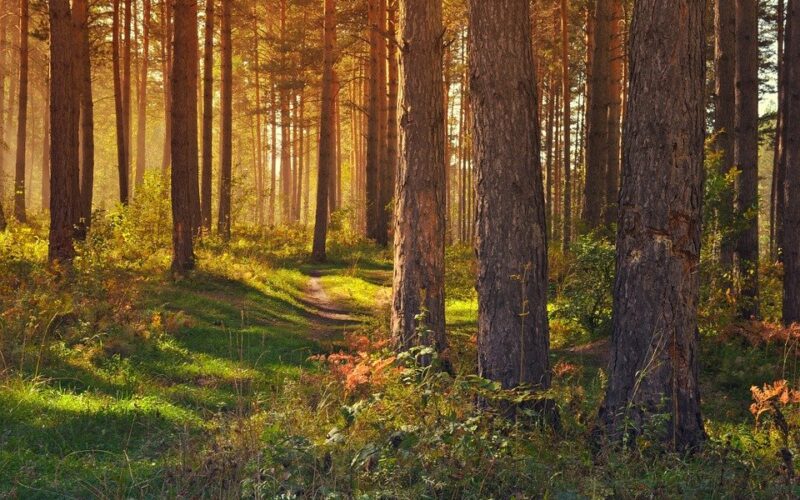Dangers Of Planting The Wrong Plants
When planning your garden, choosing the right plants can make a world of difference. Not only do the right plants enhance your property's aesthetic appeal, but they also ensure that the garden is sustainable and harmonious with its environment. However, selecting the wrong plants can have devastating effects, causing damage to your property and creating maintenance nightmares. In particular, invasive species like Japanese knotweed, giant hogweed, and bamboo can wreak havoc if not carefully managed.
The menace of Japanese knotweed
Japanese knotweed is often cited as one of the most notorious invasive plants. Originally introduced to the UK as an ornamental plant in the 19th century, it quickly spread to become a significant problem. This resilient plant grows through concrete, paving, and even walls, leading to structural damage on properties and roads. Its root systems can extend up to three metres deep and seven metres wide, making it extremely difficult to eradicate once established.
The presence of Japanese knotweed can drastically reduce property values and make it challenging to sell or insure your home. Given its aggressive nature, the plant requires professional treatment to remove completely, often at a high cost. Homeowners are legally obligated to control its spread, and failing to do so can result in legal action and fines.
Why giant hogweed is not just a giant nuisance
Giant hogweed is another invasive plant that poses significant risks. This towering perennial can grow over three metres tall and is easily recognisable by its white flowers and thick, bristly stems. While it may appear attractive, giant hogweed's sap contains toxic chemicals that cause severe skin irritation, blistering, and even permanent scarring when exposed to sunlight.
The implications for property owners extend beyond health concerns. The plant's rapid growth can overshadow and outcompete native vegetation, leading to a loss of biodiversity and altering local ecosystems. Managing giant hogweed requires wearing protective clothing and following strict guidelines for removal, as improper handling can exacerbate the plant's spread.
Controlling the spread of bamboo
Often lauded for its fast growth and ornamental appeal, bamboo can quickly spiral out of control if not managed correctly. Certain types of bamboo, particularly the running varieties, spread rapidly through underground rhizomes, which can travel significant distances. These rhizomes can damage foundations, pipes, and other underground structures, leading to costly repairs.
Once bamboo takes root, it can be challenging to remove. The dense root mats it forms require intensive digging and removal to ensure the plant doesn't resurge. To prevent potential problems, consider planting clumping varieties of bamboo or using barriers to contain their spread.
The environmental impact of invasive plants
In addition to causing structural damage, invasive plants like Japanese knotweed, giant hogweed, and bamboo can significantly impact the local environment. By outcompeting native species for resources, these plants can lead to a reduction in biodiversity. This change in the balance can disrupt the entire ecosystem, affecting insects, birds, and other wildlife that depend on native plants for food and shelter.
Furthermore, these invasive species can alter soil composition and affect water availability, leading to long-term ecological changes. Property owners who inadvertently introduce these plants may find themselves dealing with broader environmental consequences that extend beyond their gardens.
How to choose the right plants for your garden
To prevent the issues associated with invasive plants, it's essential to choose the right species for your garden. Opt for native plants that are well-adapted to the local climate and soil conditions. These species typically require less maintenance, support local wildlife, and are less likely to cause damage.
When considering non-native plants, research their growth habits and potential environmental impacts. Consult with local gardening experts or horticulturists to ensure that your plants will complement your garden without posing risks.
The excitement of cultivating a garden can sometimes overshadow the potential dangers posed by the wrong choice of plants. Invasive species like Japanese knotweed, giant hogweed, and bamboo can cause significant damage to property and the environment, leading to headaches and financial burdens for homeowners. To protect your investment and preserve local ecosystems, take the time to select plants wisely and manage them responsibly. By doing so, you can create a beautiful, sustainable garden that enhances your property without the risk of unwanted consequences.

